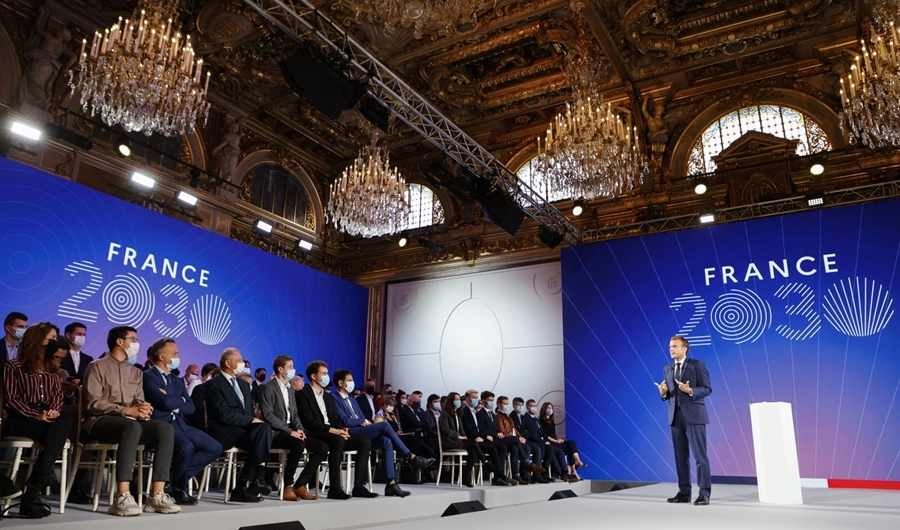The National Association for the Development of Electric Mobility (Avere-France) published an open letter to the French government with the intention of preventing the outflow of investments to other European countries.
The document is also signed by the French Federation of Electrical Integrators, MOBILIANS, and the French Automotive Industry (PFA).
Additionally, several private companies within the sector are mentioned.
Specifically, the letter is addressed to Prime Minister, Elisabeth Borne and Bruno Le Maire, Minister of Economy, Finance, and Industrial and Digital Sovereignty of France.
Agnès Pannier-Runacher, Minister of Energy Transition, and Clément Beaune, Minister Delegate in charge of Transport, are also mentioned.
The document aims to alert officials to the consequences of a possible withdrawal of state support regarding the deployment of the electric vehicle charging network within the nation.
“The France 2030 program has significantly stimulated investment in the French ultra-fast charging network,” Avere-France states regarding the potential disappearance of this program.
France 2030 is a government instrument implemented since 2021 and managed by the General Secretariat for Investments, with the aim of accelerating the transformation of key sectors of the economy through innovation.
In this line, the association explains, “Maintaining this tool would strengthen France’s position as a leader in Europe in the field of ultra-fast charging, thus avoiding an outflow of investments to other more attractive countries.”
Since the implementation of this plan in 2022, the country has experienced exponential growth in terms of charging points.
As of November 30, 2023, France had 114,386 publicly accessible charging points, representing a +48% increase in one year.
In this race, the companies playing prominent roles are Renault, TotalEnergies, and Bouygues.
Together, these three companies account for around 50% of the existing terminals.
However, industry members fear the immediate halt of this rapid expansion.
Regarding the context, Avere-France details, “With a 25% market share for electric vehicles in the automotive market and in a stage of transition for heavy vehicles, France cannot stop its efforts in 2024.”
“The discontinuation of the program would mechanically concentrate investments in profitable areas, leaving aside areas that need to be covered and whose coverage is essential to ensure equity in access to the service,” the association argues.
In this regard, Driveco, one of the companies that signed the letter, expressed, “The State must fulfill its commitments in favor of territorial coverage. Let’s mobilize!”
Despite the alleged ministerial intentions to backtrack on the France 2030 plan, Le Maire made a series of statements last year in full support of the EV industry.
In this regard, the Minister of Economy set the direction he hoped to guide the country.
“We must decarbonize our economy and become a powerhouse in the clean industry with the production of green hydrogen and batteries for electric vehicles,” said Le Maire.
“This is what we must keep in mind: to be the nation that sets the pace and economic momentum in the European area,” the official added.
On the other hand, returning to the document, another concern raised by the participants is a marked disincentive for a series of small entrepreneurs who were beginning to make their way in the industry.
Considering state support, many new energy network companies invested within the French territory, contributing to a better experience for EV drivers.
“A sudden cessation of this tool would halt a significant number of ultra-fast charging infrastructure projects ready to be deployed and could result in the cessation of activity for emerging operators,” warns the group.
What does France 2030 entail for charging infrastructure?
Regarding the electric vehicle charging infrastructure network and within the framework of the France 2030 investment plan, the French government announced a series of measures on March 17, 2022.
Specifically, the opening of a project call to support the deployment of high-power charging stations for electric vehicles.
The amount of aid for the development of these energy networks can reach up to 40% of eligible costs.
This plan has a total budget of 300 million euros, with the first 100 million euros disbursed in 2022.
Projects can be submitted until December 31, 2024, in case the state instrument is not eliminated.







